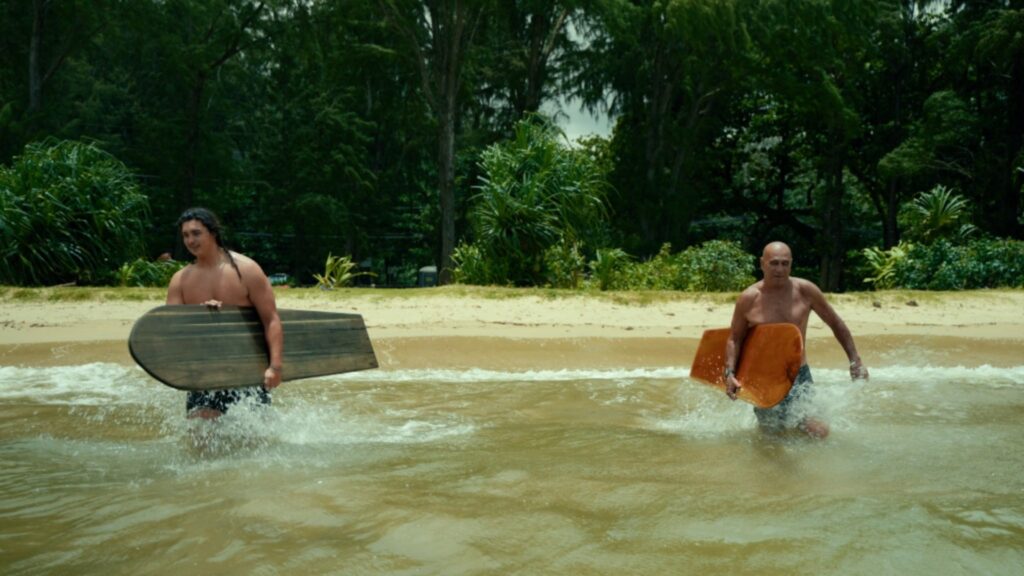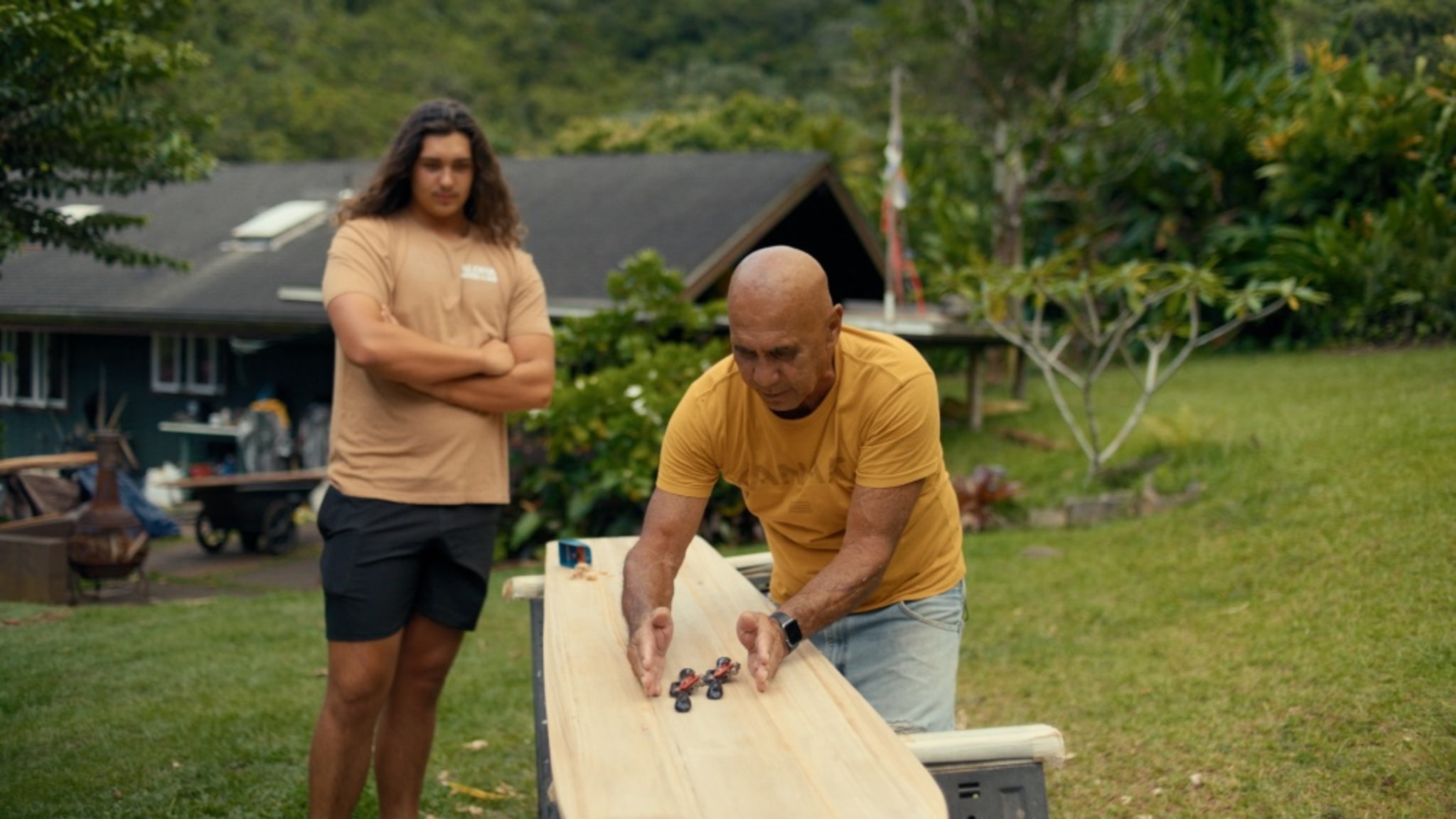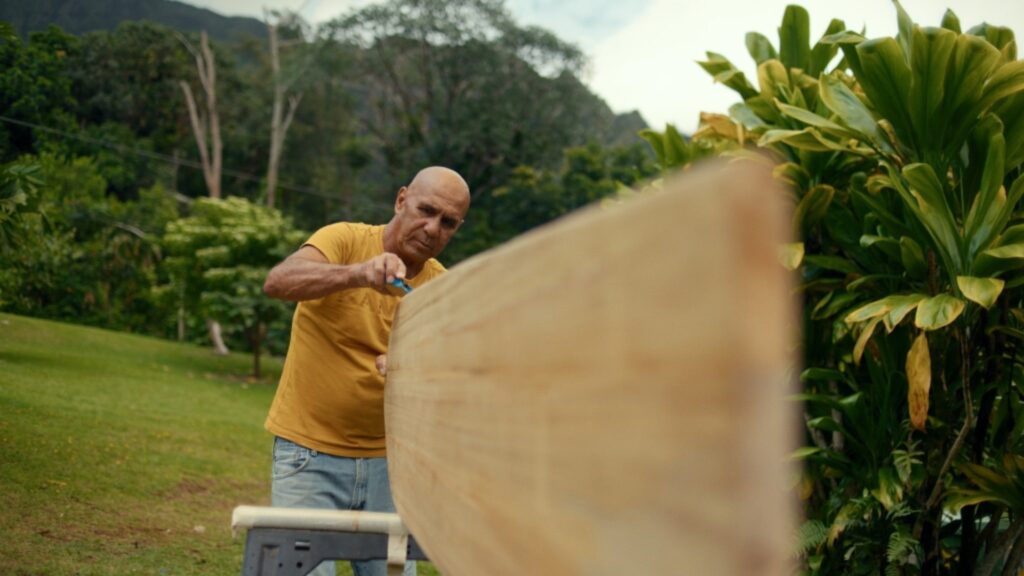8
EPISODE EIGHT : O'AHU
OUR STORYTELLERS

PōHAKU

KAMANUMAILANI
SURFBOARD
papa he'e nalu
(Hawaiian)
Surfing has always been at the core of Hawaiian identity and is one of its most successful cultural exports. Although the sport has been appropriated and commercialized over the years, the Indigenous roots of surfing can be traced back to the very founding of Hawaii.
Surfing was first practiced in the year 400 in Tahiti and the Marquesas Islands, eventually making its way to the Hawaiian archipelago with the first Polynesian settlers in about 1100.
Historically, surfing was only practiced by the aliʻi, the Hawaiian royalty, giving it its nickname the “sport of kings.” By the 19th century, it was permitted amongst the commoners, becoming an egalitarian national pastime offering a spiritual connection to the ocean.
As Western missionaries began encroaching and colonizing Hawaiian society in the mid-1800s, surfing was severely restricted as it was deemed immodest; often practiced in the nude and comingling with the opposite sex.
Surfing remained dormant until 1912 when it was brought onto the world stage by Hawaiian Olympic swimmer Duke Kahanamoku. He travelled across the globe, from California to Australia, introducing the sport to many and kickstarting surf cultures everywhere.


In the 100 years since, surfing has exploded, with an estimated 23 million surfers worldwide and an industry worth over 5 billion dollars. Unfortunately, surfing’s Native Hawaiian roots and spiritual significance have been largely whitewashed in favour of capitalist profit-seeking.
While Hawaii has remained the centre of the global surfing scene for decades, many Kānaka Maoli have been largely excluded from its benefits, due in large part to the gentrification of Hawaii, widespread poverty and systemic racism.
But many are pointing to a wind of change, where Kānaka Maoli are once again taking center stage in the surfing world.
In 2021, Native Hawaiian pro-surfer Carissa Moore became the first female Olympic Gold Medalist in surfing at the Tokyo Olympics, saying she had surfed for something bigger than herself, “to represent her country and represent Hawai’i.”
Just like Carissa, many more Kānaka Maoli are re-indigenizing surfing on the global stage and bringing back the sport’s “aloha spirit.”

CONTACT US
Have a story about your own little big community?
Reach out and let us know! We would love to help you tell it.
